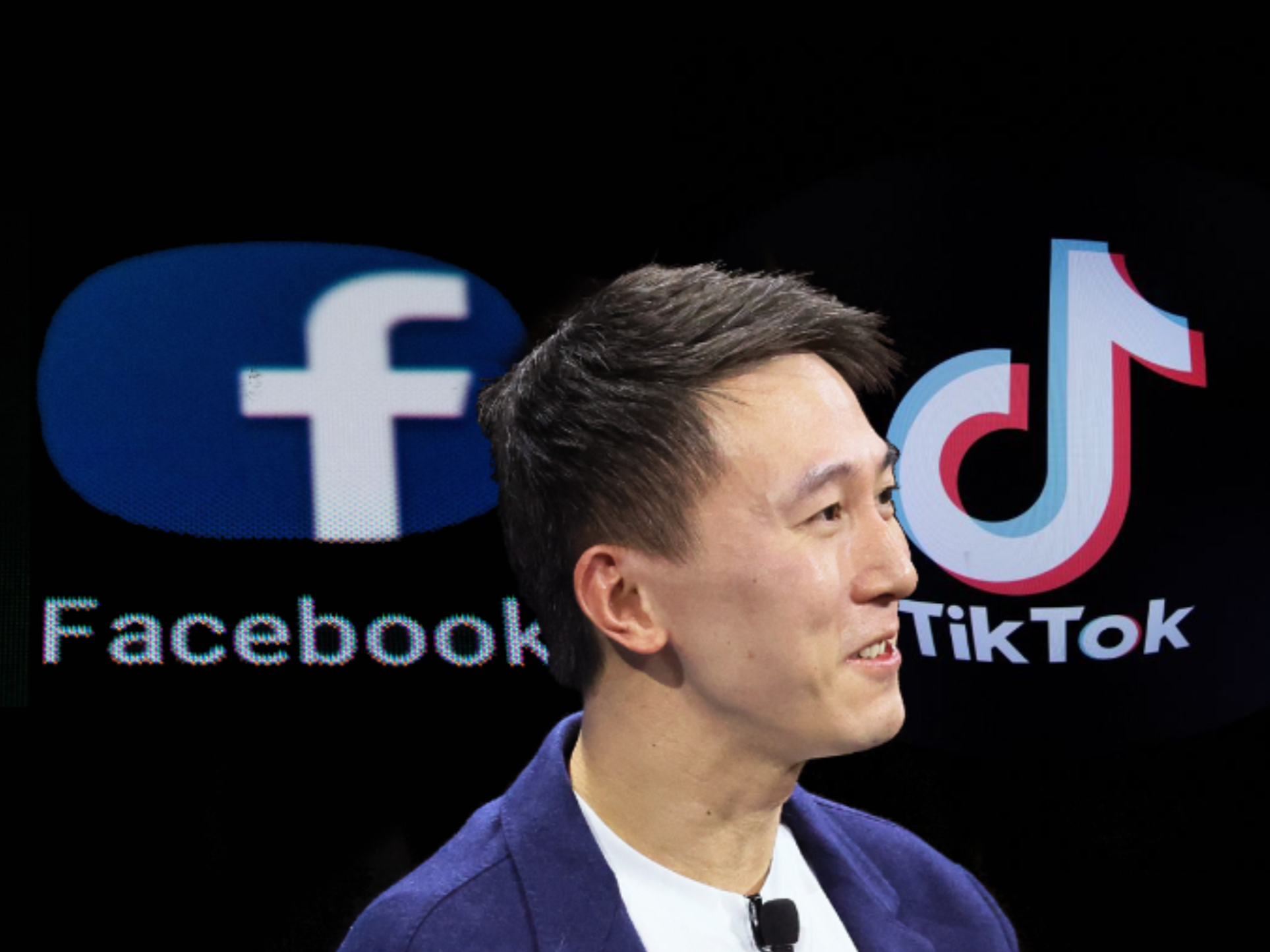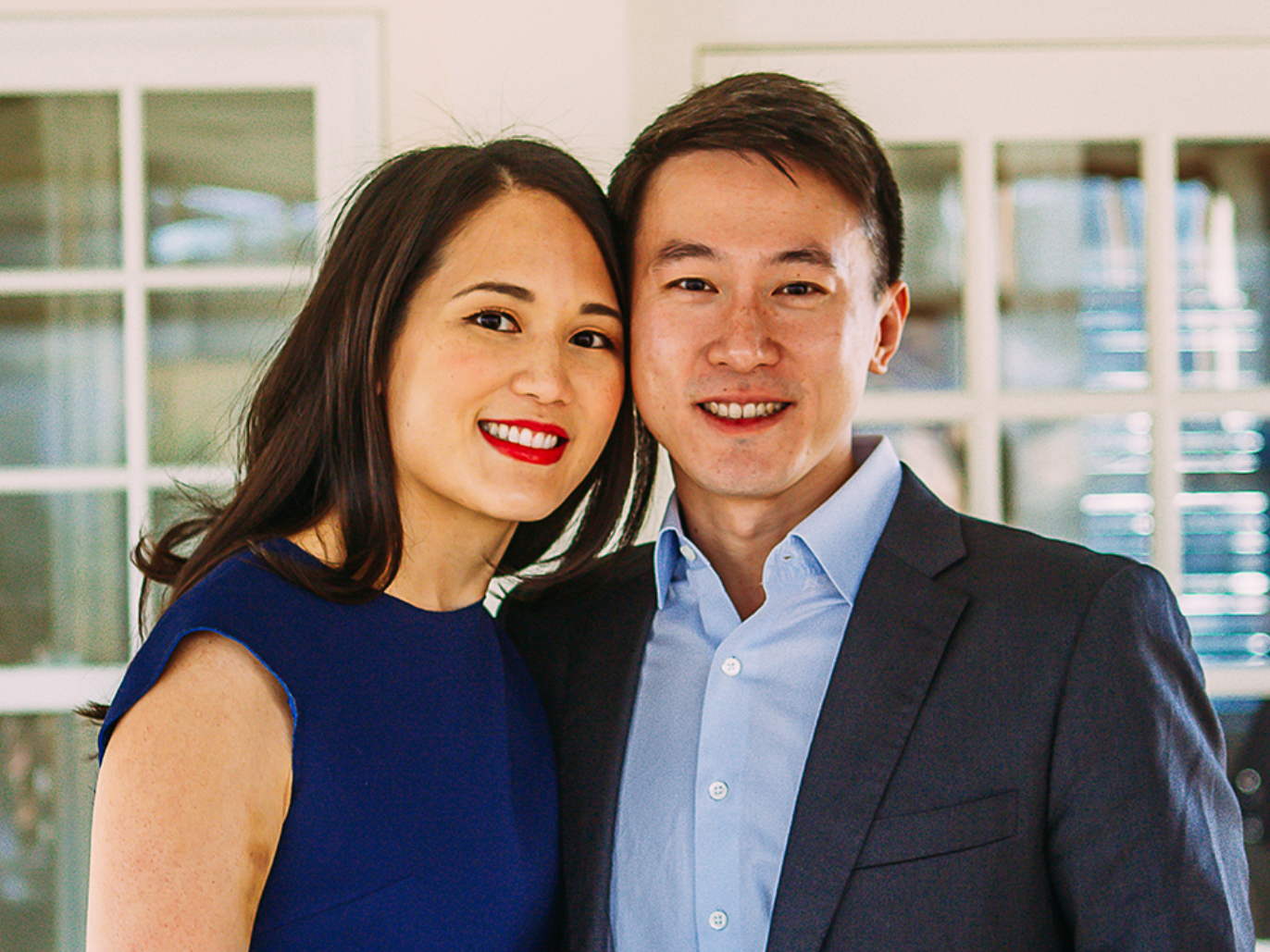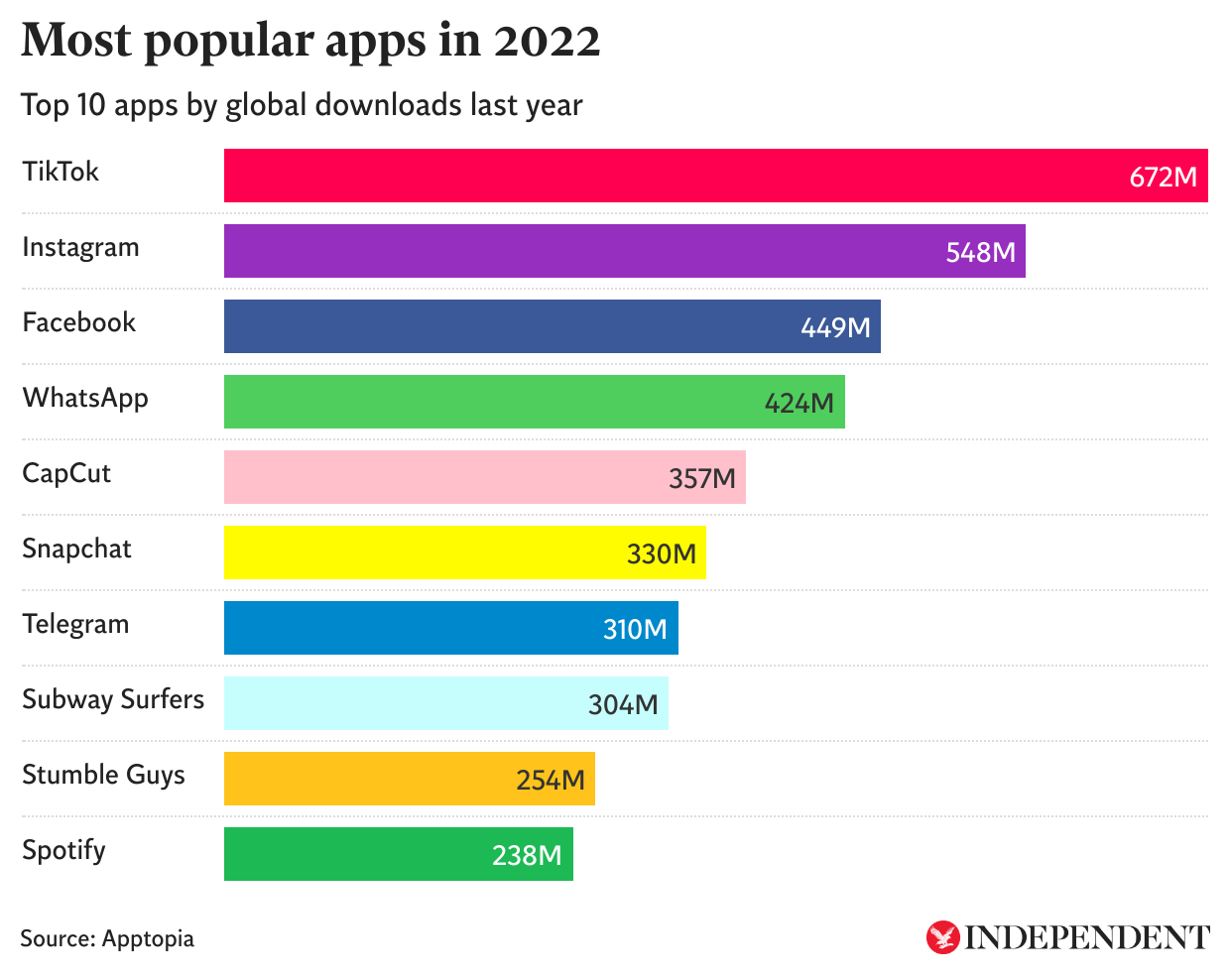Shou Chew: How a Facebook intern became the boss of TikTok
Despite his being head of the world’s most popular app, the enigmatic CEO’s Wikipedia page is just six sentences long

In the summer of 2009, Shou Zi Chew was working as a student intern for Facebook. Just over a decade later, he had worked his way up to be the head of its biggest competitor.
The 40-year-old Singaporean will follow his former boss Mark Zuckerberg when he appears before Congress on Thursday to face questions about concerns surrounding the world’s most popular app.
Members of the House energy and commerce committee will ask Chew about allegations relating to TikTok’s ties to the Chinese government, which have led some US lawmakers to call for an outright ban over fears that the app – ostensibly used to create and share videos – is also a tool for spying and spreading propaganda. Britain last week became the latest country to ban the app from government devices.
Congress may also take the opportunity to get to know the enigmatic tech leader a bit more, as it will be one of the only public appearances he has ever made in the US despite TikTok having more than 150 million US users.
So little is known of him that, as of Wednesday (22 March), his Wikipedia page is six sentences long. By contrast, Mr Zuckerberg’s page stretches to more than 6,000 words.
So, what is known about Shou Zi Chew?
After growing up in Singapore, he moved to London for a bachelor’s degree in economics at University College London, from which he graduated in 2006. His LinkedIn profile shows that he then worked as an investment banker at Goldman Sachs before moving to Boston for an MBA at Harvard Business School. Unlike Mr Zuckerberg, he actually finished his course at Harvard.
It is on his Harvard alumnus page, which appears now to be accessible only through archived versions, that he claims to have interned at Facebook. “I was working for a startup that summer,” he writes. “It was called Facebook.”
It was also there that he met his wife, Vivian Kao, “over email”.

Together they have two children, neither of whom, he claims, currently use TikTok. “They’re too young for that,” he said during a rare public appearance at The New York Times’s 2022 DealBook Summit.
After Harvard, the pair moved to China, where Chew worked as a venture capital banker in Beijing. One of the investments he made was in TikTok’s parent company ByteDance, which at the time was a small machine-learning start-up.
His interest in the tech sector drew him to his next major role, as chief financial officer of Chinese phone maker Xiaomi. During his time there, he helped take the company public in what was one of the country’s biggest tech IPOs in history.
He joined TikTok in March 2021, serving as CFO there, too, before taking on the top role of CEO just a few months later in May.

Under his stewardship, TikTok became the biggest Chinese tech success story the world has ever seen. But it is because of its origin, and the unavoidable links to the Chinese state – all companies in China must agree to share data with the Communist Party if requested – that the app’s very existence is now under threat.
It means his ability to sustain a low public profile compared with other tech leaders is unlikely to last long, with the scrutiny surrounding TikTok and its CEO expected to keep growing until either a ban is put in place or a resolution is found.
Join our commenting forum
Join thought-provoking conversations, follow other Independent readers and see their replies
Comments
Bookmark popover
Removed from bookmarks